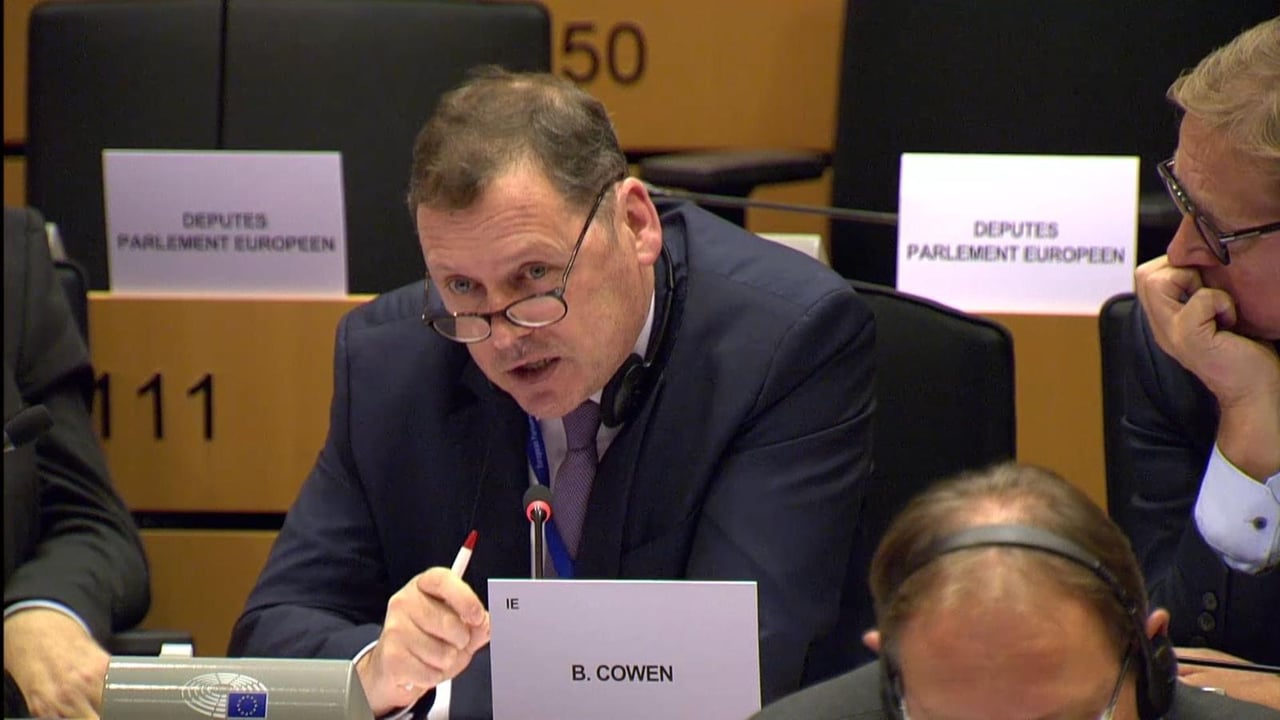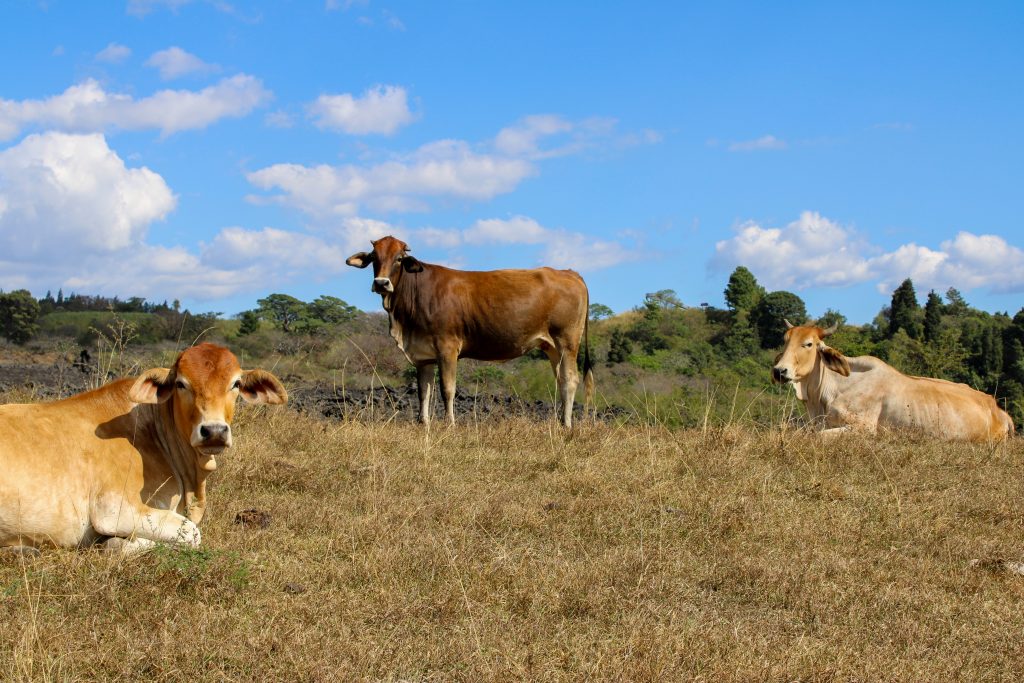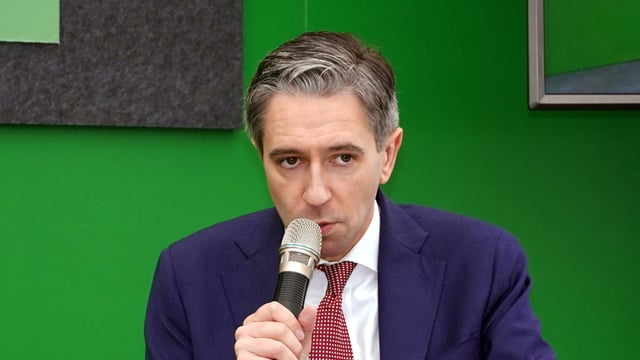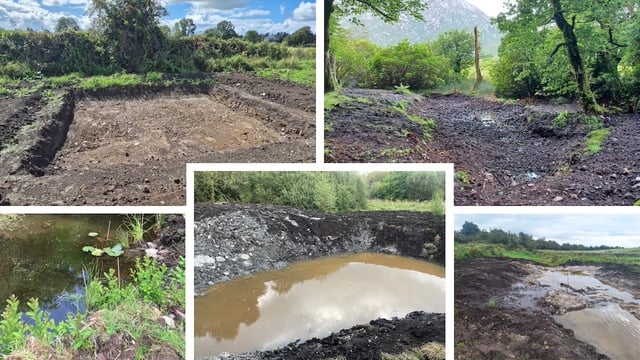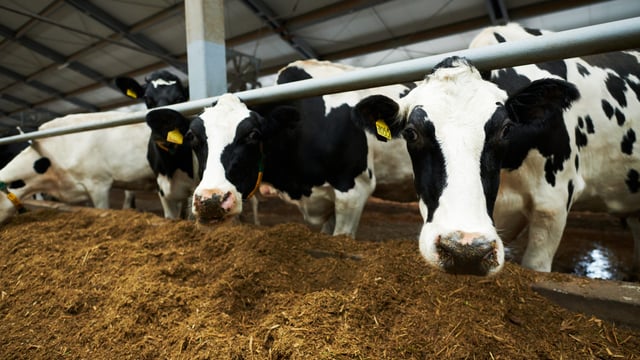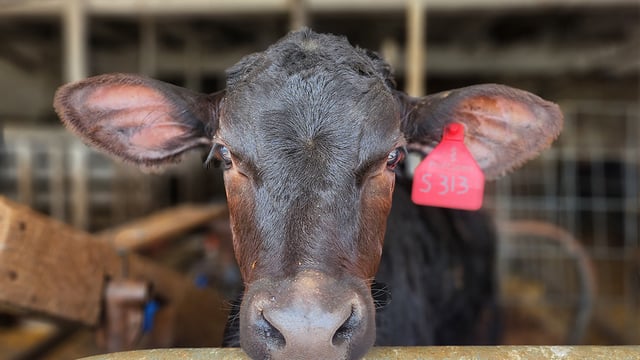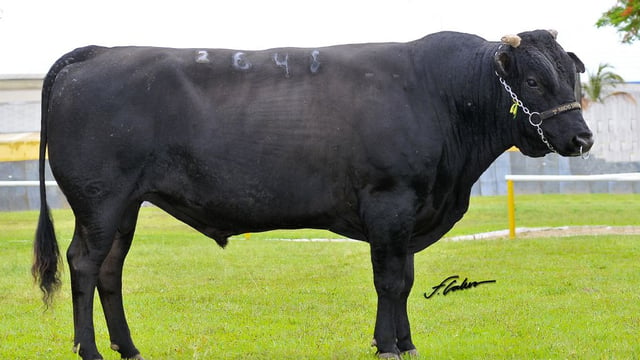Cowen issues update on proposed Mercosur 'safeguards'
Fianna Fáil MEP Barry Cowen has issued an update on proposed agricultural safeguards in the EU-Mercosur trade deal.
The MEP wrote to his party colleagues following a private meeting with senior officials in the European Commission's Directorate-General for Agriculture and Rural Development (DG AGRI) this week.
Among those in attendance at the meeting were EU officials who are directly responsible for design and enforcement of the safeguard mechanism in the controversial trade agreement.
Mercosur
According to MEP Cowen, the latest signals from the French government "confirm the degree to which politics, rather than policy, is driving some member states’ positioning".
As a result, he said Irish representation "will be critical in ensuring that any final agreement contains robust, enforceable safeguards that reflect the genuine concerns of Irish farmers and the realities of our agri-food sector".
Cowen said the meeting gave him "greater clarity" around how the commission’s proposed safeguard mechanisms will operate, along with "a better understanding of how enforcement decisions will be taken in practice".
He said that the commission officials were "explicit" that the 10% thresholds on preferential imports are "not rigid triggers".
"7-9% declines in price or equivalent increases in volume would already demonstrate what the commission refers to as 'injury to the sector'.
"At that point, it is absolutely in the commission’s own interest to intervene immediately," he said.
The Midlands–North-West MEP added that officials referenced past precedent, such as rice and tomatoes, where "action was taken well before hitting the upper threshold".
"This clarification is important and should reassure farmers that enforcement will be based on common sense and market realities, not mechanical targets divorced from economic harm," Cowen said.
Changes
The MEP outlined that some "key changes" have been made to the EU-Mercosur Partnership Agreement (EMPA) since political agreement was reached in December.
He said these measures include:
- Market monitoring intervals reduced from six months to four;
- Provisional safeguard measures can be applied within 21 days, with a response to any member state request issued within five working days;
- Investigations will be concluded within four months, rather than the 12-month maximum period provided for in the EMPA;
- On-the-ground audits of Brazilian operators are increasing, with many major exporters seeking independent verification to demonstrate compliance;
- Audits being carried out through the Irish system at Grange.
Cowen said the commission also reaffirmed its commitment to treat any year-on-year preferential import increase of more than 10%, or price decline of more than 10%, as prima facie evidence requiring immediate examination.
Beef
The MEP said that for certain sectors such as medical devices, machinery, pharmaceuticals and spirits "additional market access represents a meaningful opportunity".
However, he said this "does not negate the legitimate concerns of Irish beef farmers" particularly around the additional 99,000t of Mercosur beef imports at a reduced tariff rate.
"I have made clear to the commission, repeatedly, that Irish farmers must not be undercut by products produced under weaker environmental, animal welfare or phytosanitary rules.
"The commission’s commitments to increase audits, strengthen import controls, and examine alignment on production standards (particularly pesticides and animal welfare) are welcome steps, but we must ensure they go further where required," he said.
The MEP said that in the coming weeks he will continue to monitor the final legal text "line by line" and engage with EU and Irish government officials.
"The context is wider than Mercosur alone: ensuring a nitrates derogation extension, securing a strengthened CAP budget in the next MFF, and defending Irish agricultural competitiveness are all interconnected priorities for our farming community," Cowen said.

